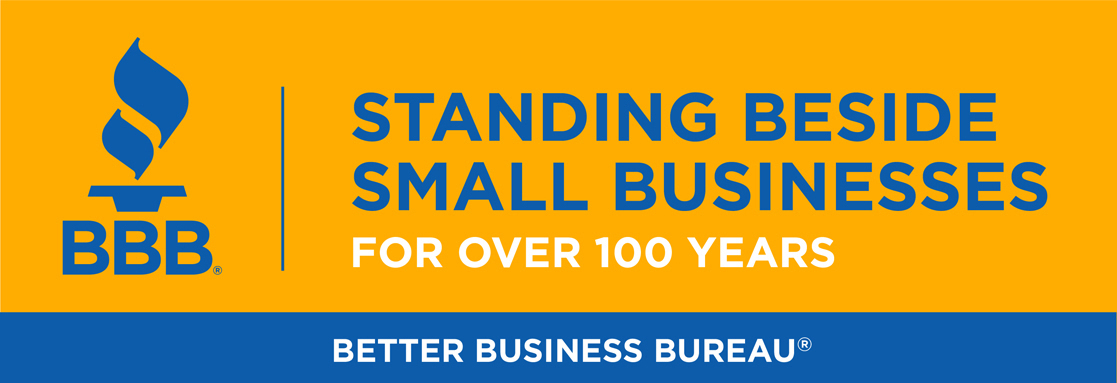Are you considering a New Year’s resolution to lose weight or save money for retirement? What about resolving to be a savvy consumer as well?
Better Business Bureau (BBB) suggests trying out new habits that can help you avoid scams and find trustworthy businesses that offer the services or products you need.
BBB Scam Tracker is a great place to start learning about scams that are popping up in your geographic area. Consumers also can report scams and tell BBB whether they’ve lost any money. BBB shares information with law enforcement agencies, who try to shut down the perpetrators. Scam Tracker is available online at BBB.org/scamtracker.
Common red flags of scams are requests for money using wire transfers or prepaid cards before any service is provided. Often, online scammers use poor grammar and spelling. Phone scams may try to gain your confidence by implying they’re with a major company, your bank or credit card company. Don’t take their word for it. Look up the customer service phone number on a bill or online and call the company to verify that the call is legitimate.
IRS imposter scams steal millions of dollars every year, according to the IRS, and the scams often rank near the top of BBB’s list of scams reported to BBB Scam Tracker. Consumers report receiving calls from people claiming to be from the IRS, who threaten them with arrests or lawsuits if they don’t pay taxes or fees the callers say are owed. BBB advises consumers to hang up on these calls and report the phone number on BBB Scam Tracker.
Beyond avoiding scams, good habits include researching businesses before you buy. You might start by asking friends for recommendations, but don’t stop there. Go to BBB.org and look for a BBB Business Profile, which will give you information such as how long a company has been in business, how to contact the business and how the business has responded to any complaints. Many profiles also include customer reviews that show you how a company has treated customers.
Once you’re ready to deal with a business, make sure you get any promises in writing. If you’re buying a product, ask about warranties and return policies. Read them and ask any questions before you buy.
If you’re hiring someone to do work at your home, ask for a contract that describes what work will be done with specifics of any materials to be used and a timetable for completing the work. If you’re ready to move ahead with a project, don’t pay for everything in advance. Hold back a third or more of the money and pay it only when you’re satisfied with the completed project.
Finally, if you have a problem with a business or charity, go to BBB.org.




Facebook Comments